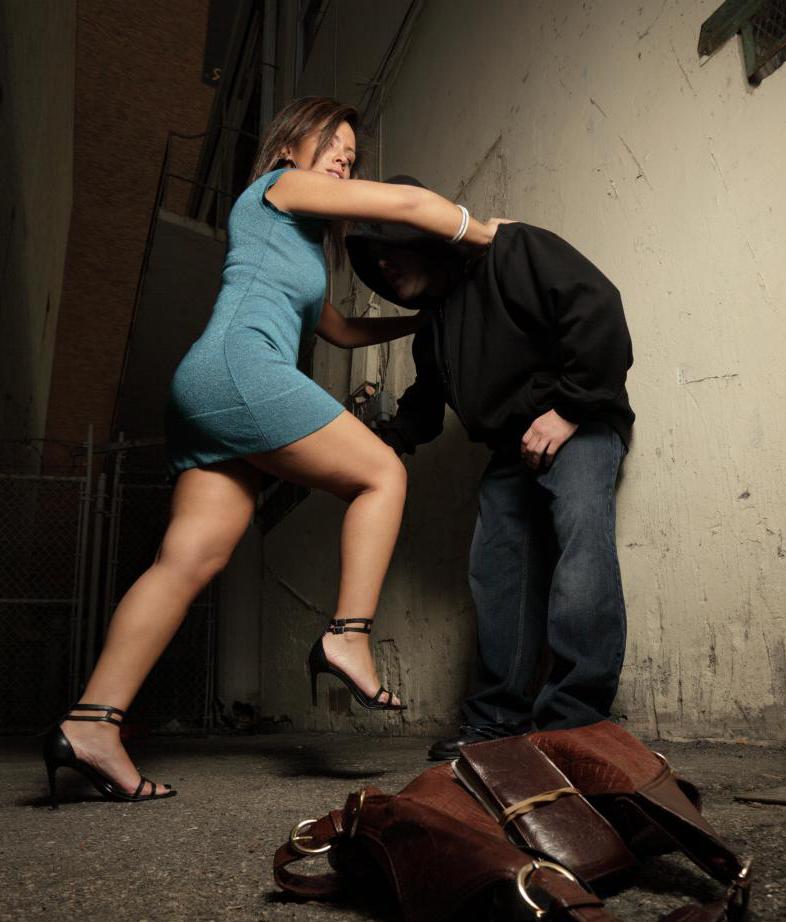The Criminal Code of the Russian Federation clearly states that criminal liability is imposed for committing crimes. The main sign of such acts is their public danger, therefore, the persons who committed them should be punished, in most cases even isolated from people. But what if such an act does not carry a threat, is done due to some force majeure forced circumstances? And these cases are also regulated by law, they are referred to as circumstances precluding the criminal act. Let's consider in more detail.
Definition
This institution of law is not new; it existed long before the adoption of the 1993 Constitution of the Russian Federation. Only its subspecies changed, the range of facts expanded every year. Other countries also adhere to a similar position, consolidate it by law.
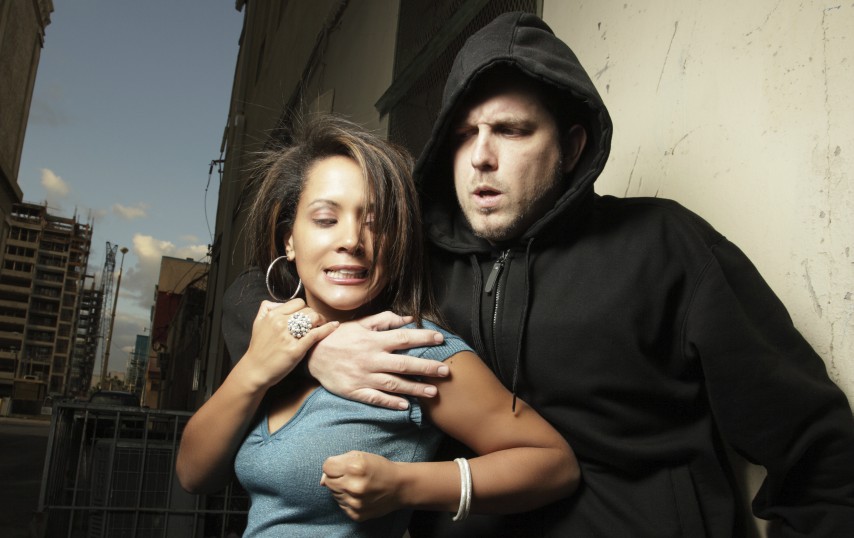
So, in short, circumstances that exclude the crime of an act are actions that look very similar to crimes, since they also harm any interests protected by law, however, committed without guilt and wrongfulness. They do not contain a corpus delicti, since there are no last two necessary signs of the subjective side. Consequently, the persons who committed them are not subject to liability under the Criminal Code and punishment.
They formally at the time of such "crimes" realize their social significance and wish to bring even greater public benefit.
Legal Terms
Actions for recognition by the above circumstances should harm the interests protected by criminal law, and there must also be a legal prohibition on their fulfillment.
General conditions can be distinguished that are inherent in almost all of these factors:
- timeliness of measures taken;
- proportionality;
- prevention of the occurrence of more harm compared to the caused;
- aimed at eliminating the threat, protecting the individual or society as a whole;
- the danger must be real and present.
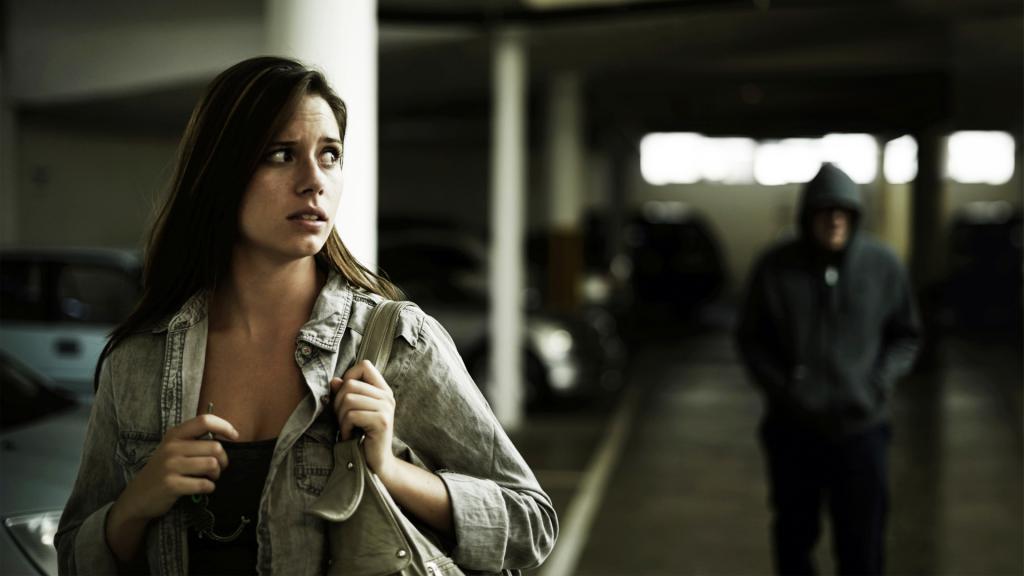
For specific subspecies, the conditions of lawfulness are described in separate articles of the Criminal Code of the Russian Federation.
Thus, the concept, types and significance of circumstances that exclude the crime of an act must be known in order to distinguish them from commonplace crimes and not condemn innocent persons. In addition, enshrined in law, they encourage legal activity and literacy among citizens.
Differences from Crime
The legal norms of the Criminal Code of the Russian Federation that regulate these circumstances are primarily based on the provisions of the Constitution of the Russian Federation on rights and freedoms (for life, liberty and integrity, dignity of the individual, etc.).
The main special features of these factors are the following:
- no fault;
- harm is done socially useful or neutral (permissible);
- no wrongfulness;
- exclusion of criminal prosecution.
All these properties, of course, the legal doctrine relates to ideal circumstances that exclude the criminal act. In fact, it comes out differently. In one case, a person may not evaluate his own strength, defending himself, and cause significant disproportionate harm to the infringing person, or guilt may be present, but without intent, through negligence or negligence, etc. Therefore, the legislator provides that specially authorized bodies must give a legal assessment of such actions - investigation, prosecutor's office, court. And as soon as all the conditions of lawfulness are established, the case is subject to termination, since the committed is not a crime.As you can see, the line between the circumstances that exclude the criminality of the act and criminal liability is very thin, even these authorities can not always give a correct understanding of what happened.
Suppose the necessary defense is often re-qualified as a socially dangerous act - exceeding the limits of the necessary defense, for which criminal liability is already provided.
Varieties
A circumstance excluding the crime of an act is addressed in the Criminal Code of the Russian Federation as a separate chapter - the eighth.
Currently, six types are distinguished:
- necessary defense;
- coercion (physical / mental);
- extreme need;
- reasonable risk;
- execution of an order / order;
- damage during the detention of the offender.
Thus, the aforementioned conditions represent either the exercise of one's subjective right (necessary defense), or the performance of official duty (reasonable risk), or the performance of legal duties (order). In some cases, these bases can merge (for example, during detention).
In general, as you will not name these factors, circumstances that exclude criminal acts always remain special, we can say extraordinary.
Scientists specializing in criminal law identify other reasons on the basis of which the wrongfulness of an act can be eliminated, for example, permission of a victim, professional duties, etc.
Necessary defense
In fact, it is a defense against crime. This may be the personal defense of their property, home, etc. property, the interests of society, protected by law, from unlawful encroachment by harming the criminal.
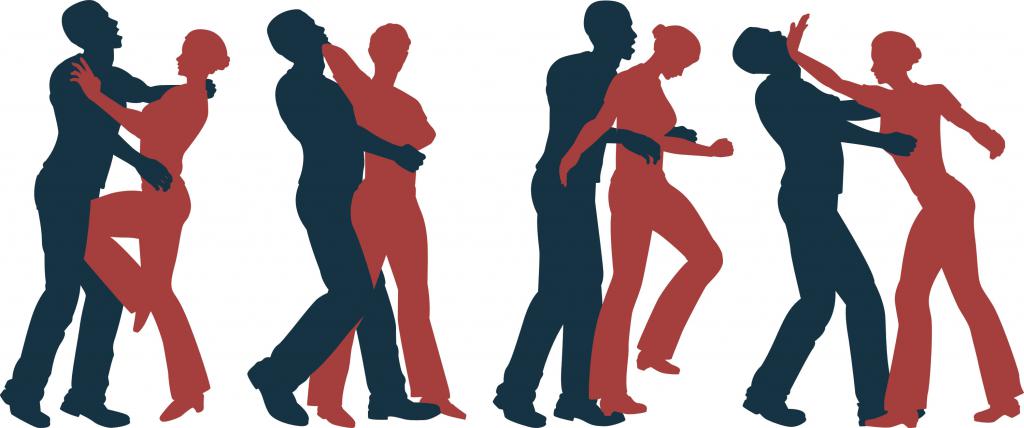
To recognize a forced defense, conditions are necessary: cash, reality, and the public danger of encroachment. Otherwise, the defense will be imaginary and will not be one of the circumstances excluding the criminal act.
The conditions of lawfulness are timeliness and proportionality.
The law also provides a term such as “exceeding the limits of necessary defense”. This means that the defender used tricks that caused the attacker more harm than allowed. For example, one attacks with fists, and the other defends with a knife, there is a clear mismatch of funds, which means that more damage will be done to the criminal’s health. As a result, the defender is criminally liable if intent is established in his actions.
Urgent need
This is a situation in which measures are used to eliminate the danger to life, health, rights of the defending citizen or third parties, society or the state. Moreover, this threat cannot be eliminated by other means, and the person must not violate the limits of emergency. An example would be the elements of nature (tornado, tsunami, fire), an animal, a source of increased danger (car), physiological process (childbirth), people's actions (pedestrians cross the road in the wrong place).
The danger must be real, cash.

Similarly to the necessary defense, the law also provides for the case of exceeding the permissible limits. Also, the person will be liable if the damage is caused intentionally equal to or greater.
Defense or emergency: differences
These two concepts may, by definition, seem very similar. However, there are serious differences between them:
- a person in a state of emergency can protect not only himself, but also other citizens;
- various sources of danger (defense - the offender attacks; extreme need - forces that are not related to the intent of the person act);
- in a state of defense, a person harms only the attacker, if necessary, to third parties;
- in the first case, the onset of more harm is allowed, and in the second - it should be less;
- during defense, the possibility of searching for other ways is not considered, if absolutely necessary, harm can be caused only if there are no other ways.
Coercion: physical or mental
In fact, this basis presupposes the paralysis of the will and consciousness of a person so that he commits a crime.
For example, physical damage includes severe bodily harm (torture), binding, handcuffs, etc. Beatings and minor bodily harm usually do not belong to this, but it is necessary to find out in each individual case whether these factors could also lead to the loss of an individual’s will.
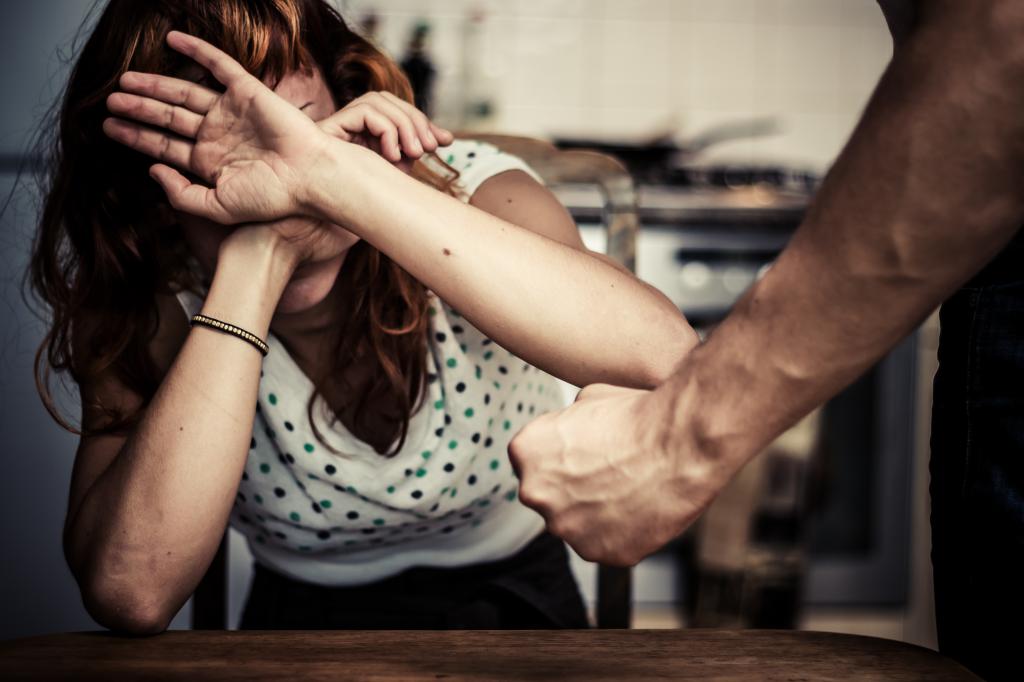
The law practically does not tell us anything about the psychological effects. Scientists cite hypnosis as an example. One can also imagine a situation where a gun is pointed at a bank teller and forced to give money. This is also a mental compulsion.
The issue of responsibility in case of pressure at which a person retained the ability to manage his actions is decided according to the rules of extreme necessity.
The psychological or physical impact of the Criminal Code of the Russian Federation is also included in the category of circumstances mitigating punishment (for example, minor bodily harm, intimidation, blackmail, etc.).
Reasonable risk
This term means harming the public interest in order to achieve any useful goal.
This risk will be justified only when the result could not be achieved without it, and the person took all measures to prevent unpleasant results. If initially it was known that the consequences could be an environmental disaster, disaster or the lives of many people would be in danger, then such a risk is unjustified, entails responsibility.

Justified risk as a circumstance that excludes the crime of an act is rare in judicial practice, but scientific trials, the launch of mechanisms, and the invention of technologies can be cited as an example. An analogy can also be seen on television, in the comedy “Ivan Vasilyevich Changes the Profession,” where Shurik created a time machine and put it into operation. The consequence was the displacement of the characters in time, Dr. Shpak suffered property damage by theft, the wife of the newly made tsar lost her husband, who almost died during the reign of Ivan the Terrible at the hands of his guards, and besides, psychological injuries were not canceled. As the protagonist said: “maybe I am on the verge of a great discovery ...”, indeed, such an invention would help many to change something in the past, correct fatal mistakes, save someone else's life. The risk was, and it can even be recognized as justified, all the more Shurik took all measures to restore the situation.
But let's move on from the joke to the main serious topic.
A prerequisite for reasonable risk is also the achievement of a goal that is necessary not only for the tester himself, but for thousands of people, that is, socially useful. For example, creating a new medication, saving a person, getting a completely different economic result, etc.
Damage in the detention of a criminal
The very name of this circumstance already contains a socially useful goal - the disclosure of a crime and the suppression of other illegal actions.
The basis for applying these measures is the following:
- a person has committed a crime;
- hiding from the organs.
In this case, the stage of proceedings in this criminal case does not matter, it can also be at the stage of the search, investigation, trial, execution of a sentence, etc.

In this case, the harm shall be recognized as justified if, by other means, the person could not be detained and taken to the authorities, and the boundaries of reasonable measures were not violated.
With proportionality, it is also worth considering the cruelty of the criminal, his armament, mental state, physical condition and other factors.
The purpose of these actions should be precisely the delivery of the person to the relevant authorities, and not personal revenge. In the latter case, liability will come on a common basis.
Execution of an order / order
The actions of a person in causing harm to the protected Criminal Code of the Russian Federation interests, for which these documents are mandatory, are not considered a crime.
The subjects in this case will always be the boss and subordinate.
The execution of the order as a circumstance excluding the criminality of the act came into our system of law from the activities of international criminal and emergency courts, and is often found in the military sphere, where “the order is not discussed”.
The conditions of law in this situation are:
- compulsory command, i.e. the person is subordinate;
- they must come from an authorized entity;
- the contractor should not know in advance about the illegality of the requirements;
- it should not go beyond what is required.
In this case, the head will be held liable. If the subordinate executed a deliberately unlawful act, then he is also punished on a common basis.
Failure to comply with such orders and / or orders does not entail liability under the Criminal Code of the Russian Federation.
Law Enforcement Issues
Since the above circumstances, excluding the crime of an act, are not unlawful socially dangerous acts in the Criminal Code of the Russian Federation, then, accordingly, a criminal case should not be initiated, there is simply no composition. However, in practice, often, to make sure of this, the authorized bodies initiate a case and investigate it (conduct interrogations, examinations, experiments, etc.). It can even reach the stage of the trial, where, possibly, everything will unfold, and the person will be charged with identified circumstances, if this has not been done before.

Qualification of a person’s actions is given even at the investigation stage, if the case was opened, then the prosecutor checks it, supports the prosecution on behalf of the state, after which the court must give its assessment. It is at this stage that the servants of Themis take a decisive role in the life of the defendant, where the qualification of the deed can be radically changed.
At the same time, the law enforcement practice under these circumstances is developing very ambiguously. There are still shortcomings and errors associated with a misinterpretation of articles of the Criminal Code of the Russian Federation, non-application of the law that is to be applied, or base their opinion on the wrong rule of law. This, of course, is a big problem, since innocent people can be punished, or, on the contrary, criminals will evade punishment. That is why the concept and significance of circumstances precluding the crime of an act, the authorized bodies need to know by heart in order to be able to correctly see and apply them. It seems that this problem must be solved by regularly monitoring the proceedings of this category of cases, identifying errors, gaps and by adopting appropriate generalized rulings by the Supreme Court of the Russian Federation.
Other “theoretical” circumstances
Above were listed six statutory circumstances that exclude criminal acts.
However, in theory, scientists also identify other factors by virtue of which, they believe, a person should also not be subjected to criminal prosecution.
These include:
- force majeure (illness, element);
- the performance of professional duties (surgery, implantation in the gang on assignment);
- the embodiment of their subjective rights (a fence on land owned and the deprivation of others the right to move on it);
- consent of the victim (use of any thing).

Thus, as we see, the circumstances, excluding the criminality of the act, their types and significance, the legislator was not in vain to give a separate chapter in the Criminal Code of the Russian Federation.This institution is designed to protect innocent people from unlawful conviction for the lack of corpus delicti in their actions. It is likely that over time and the change in legal relations, it will continue to expand and be supplemented by something new or concretized.
